I think we can all agree that 2016 was kind of a
bummer. For much of the year it seemed like the world was going to hell in the proverbial handbasket. To make matters worse, the last calendar year seemed to do nothing but poke this notion repeatedly with a stick. It seemed like every day we were hit with some more bad news. We kept thinking, “What could possibly happen next?” only to be slapped in the face with a big dose of “Well, I didn’t see that one coming.”
I’m not here to go on about the tragedy and the loss though. I’m here to clue you in to some
highlights. A very narrow and niched set of highlights perhaps, but highlights nonetheless. I’m talking about the always controversial, never agreed upon classic list of all lists: The Year’s Top 10 Movies!
Luminaires such as Martin Scorsese and Ridley Scott both proclaimed in 2016 that Cinema was dead—or at the very least, pretty bad. A large part of me agrees with them. Sequels, remakes, re-imaginings, prequels to the re-imaginings, and then more sequels, franchise tie-ins, and a few more remakes. On and on it goes. Hollywood has gotten lazy, there’s no way around it.
However, there are still artists out there who are determined to create original and thought-provoking content. They will always exist, no matter how dumbed down Hollywood and its paying customers may become.
I should note that there are a number of titles that I didn’t get to see,
Moonlight being my most regrettable. If I had the time and the resources, this list may look quite different, who knows. But, what can you do? So without further ado, here they are--my 10 favorite films of 2016:
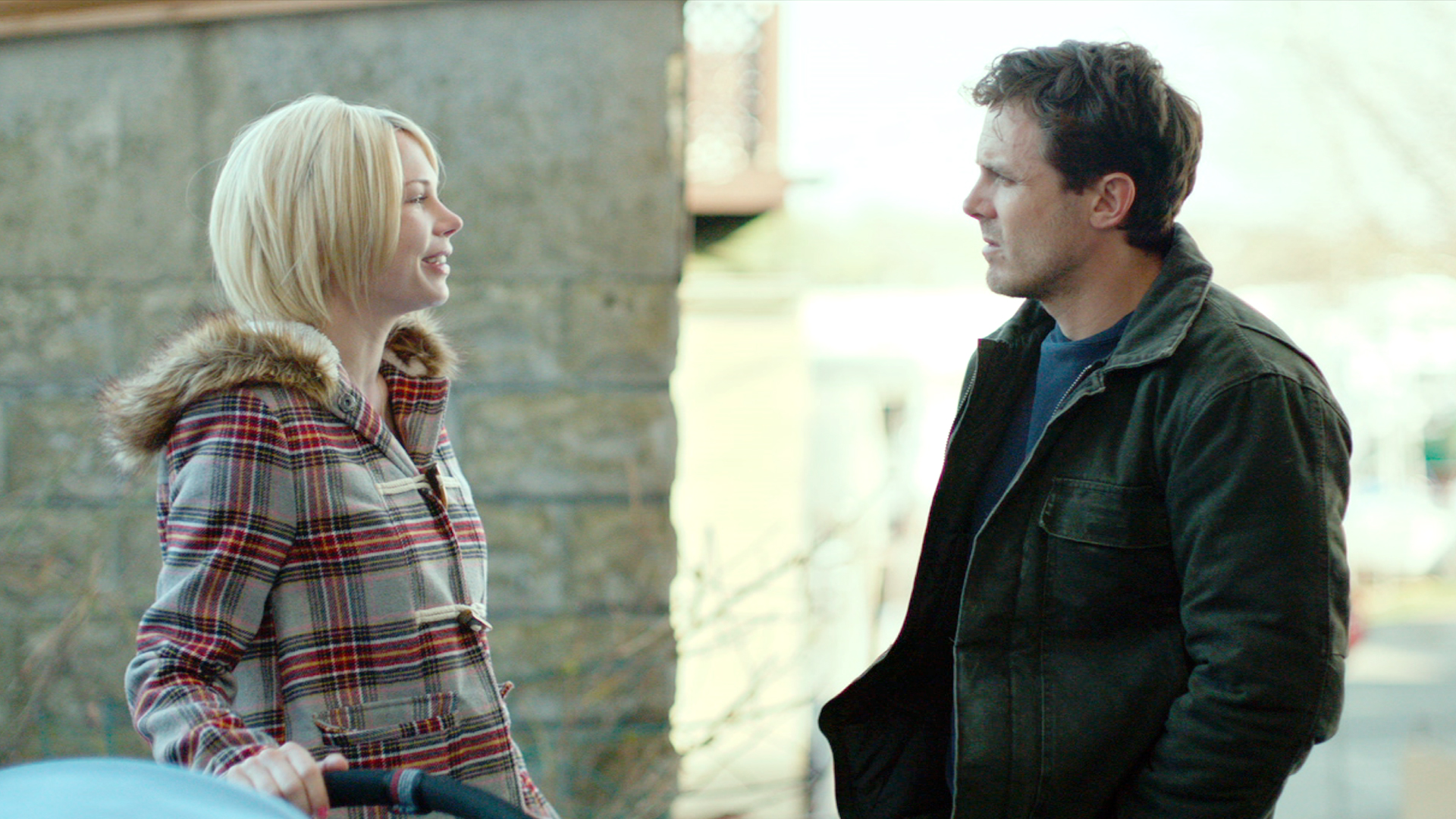 1. Manchester by the Sea
1. Manchester by the Sea (Directed by Kenneth Lonergan)
Few films have the emotional punch that
Manchester by the Sea has. In fact, I’ve been trying to come up with a list that even comes close, and I’m finding myself at a loss. I have no problem being affected by movies. Their purpose is to manipulate you into some sort of emotional response. If the film is effective, you laugh, cry, get angry, and generally fall in line with how the filmmaker wants you to feel. It’s all a manipulation game. But, that’s what’s so striking and downright brilliant about
Manchester by the Sea, I never felt manipulated. What I was seeing on the screen was pure, raw emotion that took me for a ride that I still can’t get out of my head. Casey Affleck’s performance as Lee Chandler will, without a doubt, solidify him as one of the great actors of our time. Every single piece of this complicated puzzle works tremendously well. It’s put together so simply, yet with so much care that everything feels so damned authentic you can’t help but be moved by it.
Manchester by the Sea is a beautiful and truly touching film that is sure to affect even the most cynical of us.
 2. Arrival
2. Arrival (Directed by Denis Villeneuve)
Where
Manchester by the Sea made me
feel, Denis Villeneuve’s
Arrival made me
think. Science Fiction has always had its roots in high concept ideas, or at least the best of it has. While some aspects of
Arrival we’ve seen before, we’ve never seen them delivered in such an artistic and thought-provoking way.
Arrival certainly has elements of some good, and bad sci-fi—
The Day the Earth Stood Still (1951),
Close Encounters of the Third Kind (1977),
Independence Day (1996), and
Contact (1997), to name just a few—but it is intergalactically better than the sum of these parts. That’s because it also draws on much, much more. Imagine if Kurt Vonnegut, Carl Sagan, and Arthur C. Clarke stayed up all night watching reruns of
The Twilight Zone and
The Outer Limits while discussing the merits of H.P. Lovecraft. I’d kill for an invite to that party, but that’s the level of intelligence and influence we’re talking about here. It runs deep. Let’s not forget the beautiful cinematography, the chemistry of the leads, and the mystery that keeps the whole thing moving either. This is how Sci-Fi’s aforementioned forbearers would have liked it.
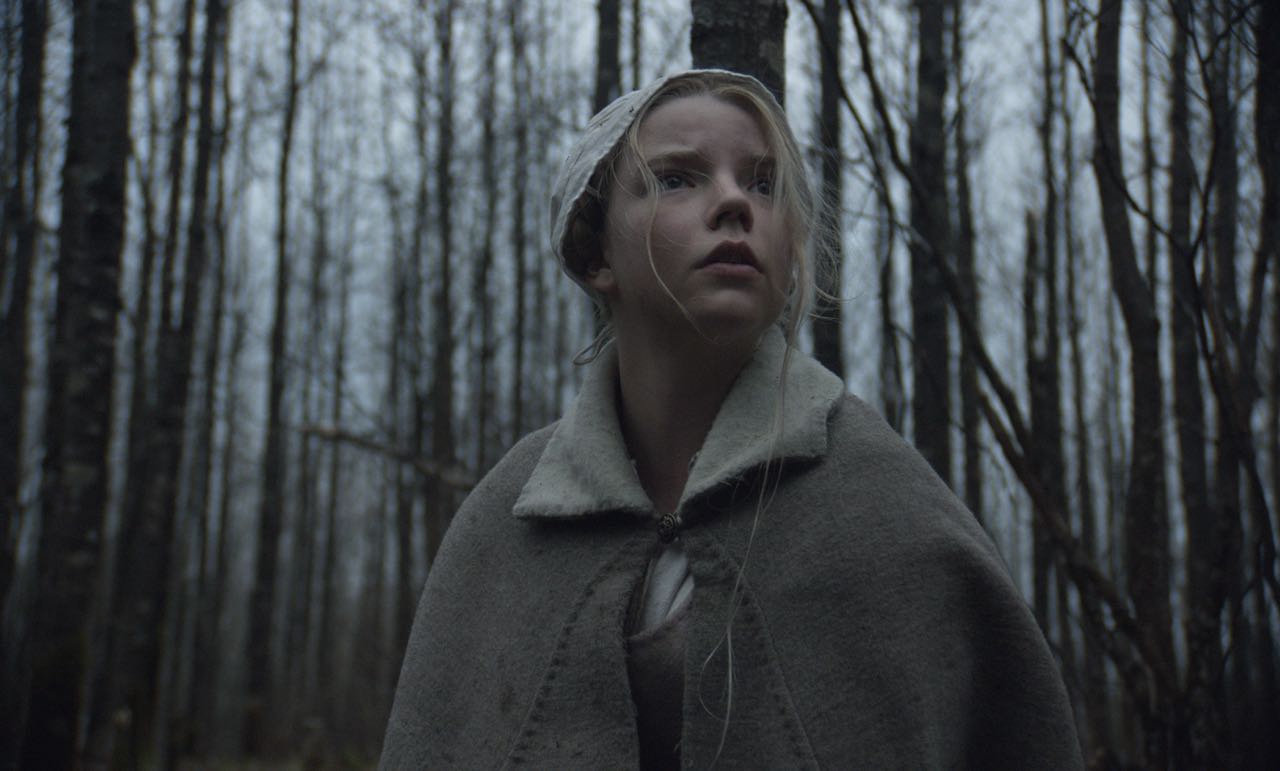 3. The Witch
3. The Witch (Directed by Roger Eggers)
If
Arrival rewrote the book on the science fiction genre,
The Witch did the same thing for horror. There’s one word that describes the tension and dread this movie conveys: Atmosphere. Unfortunately, the horror genre has become jump scares and gore, nothing more. What’s the point of a scary movie if the cat jumping out at you gives you the same fright as the monster? Coming up with new and more elaborate ways to kill teenagers isn’t scary either--it’s sadism. But, if you can terrify someone with a simple slow zoom towards some trees and some carefully chosen music, well, now we’re talking. This is the sort of atmosphere
The Witch brings to the table. It’s not flashy and it’s not a modern horror film. It’s much more akin to something like
Rosemary’s Baby (1968) than those asinine
Saw movies that seem to be so popular.
The Witch is a slow boil, an extremely creepy offering that keeps you on edge throughout rather than bore you with intermittent “horror.”
 4. The Lobster
4. The Lobster (Directed by Yorgos Lanthimos)
If you should find yourself single, you have 45 days to find true love or be turned into the animal of your choice. That’s the premise of Yorgos Lanthimos’
The Lobster. It’s an odd picture without a doubt, but one that I found strangely touching. I’m a sucker for strange and peculiar worlds populated by strange and peculiar characters. The universe
The Lobster inhabits most definitely meets these criteria. It looks like our world, but only partially functions like it. It has shades of something Terry Gilliam would create, minus the oddly dated machinery, pneumatic tubes, and pseudo-futuristic do-hickeys. No one seems to know how the world came to be like this, and in a George Orwell
1984 sense, most are too afraid to do anything about it, save for a few brave souls who dare buck the system. Even then they find themselves living in another, equally ridiculous society whose rules are just as absurd as the ones they’ve just escaped.
The Lobster is a truly odd film in best ways possible. It won’t be for everyone, but that’s okay by me.
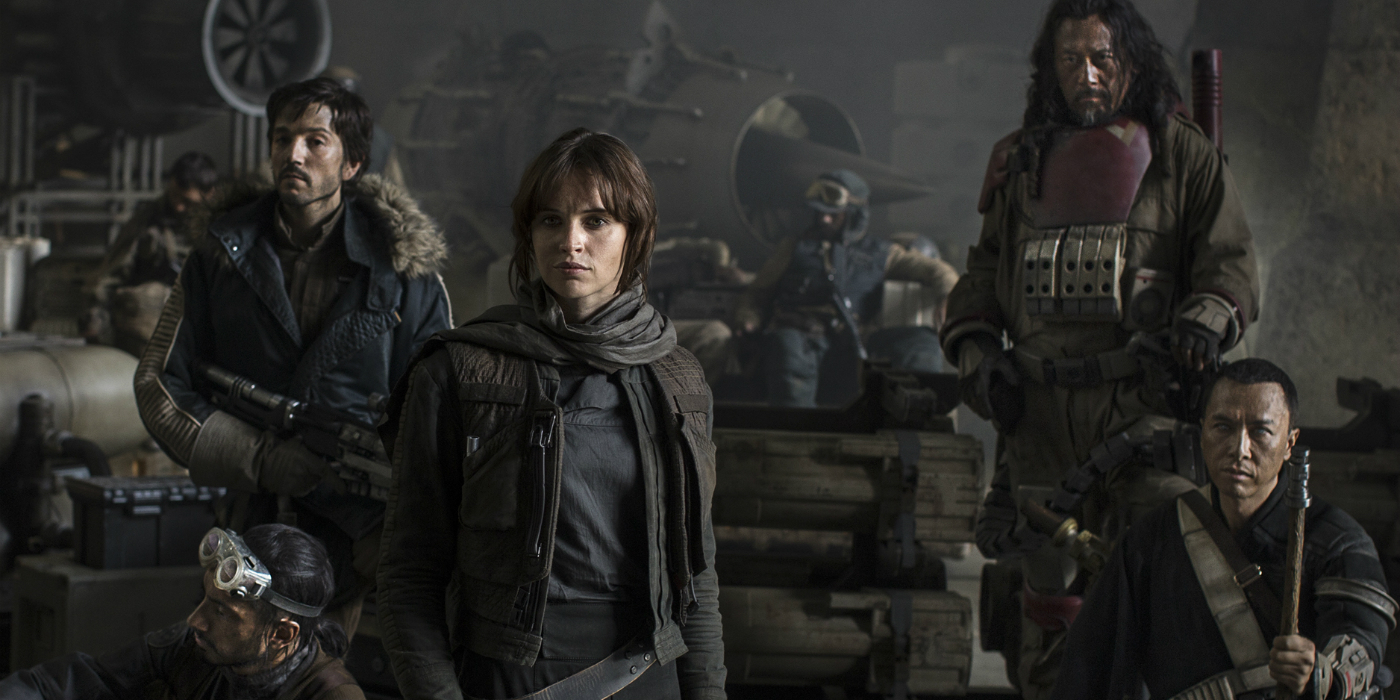 5. Rogue One
5. Rogue One (Directed by Gareth Edwards)
The success of
Rogue One was a forgone conclusion. We all knew we were going to see it. I was fairly certain headed in that I was going to enjoy it, and it did not disappoint. Frankly, I haven’t had this much fun at a
Star Wars movie since I saw
Return of the Jedi as a kindergartner in 1983. It’s better than
Jedi, though, and it’s better than almost all the other entrants in the franchise as well--save for maybe
A New Hope (1977), and, of course,
The Empire Strikes Back (1980). It’s with
Empire that
Rogue One shares most of its qualities. Both films have a dark edge and bleakness to them that you don’t get from any of the other entrants. We know that the good guys, our friends Luke, Han and Leia, are going to defeat the Empire eventually, but
Rogue One is the only film to show us the true ugliness of how their rebellion came to be, and more importantly, the lives it cost to get there. A long way from Ewoks and Hayden Christensen it is, and writers Chris Weitz and Tony Gilroy most certainly did better with George Lucas’ brainchild than he did with his Episodes One, Two, and Three. One more thing, those Nazis in the “alt-right” movement have called for a boycott for some very moronic reasons. If that isn’t incentive enough to see
Rogue One, I don’t know what is. Crybabies.
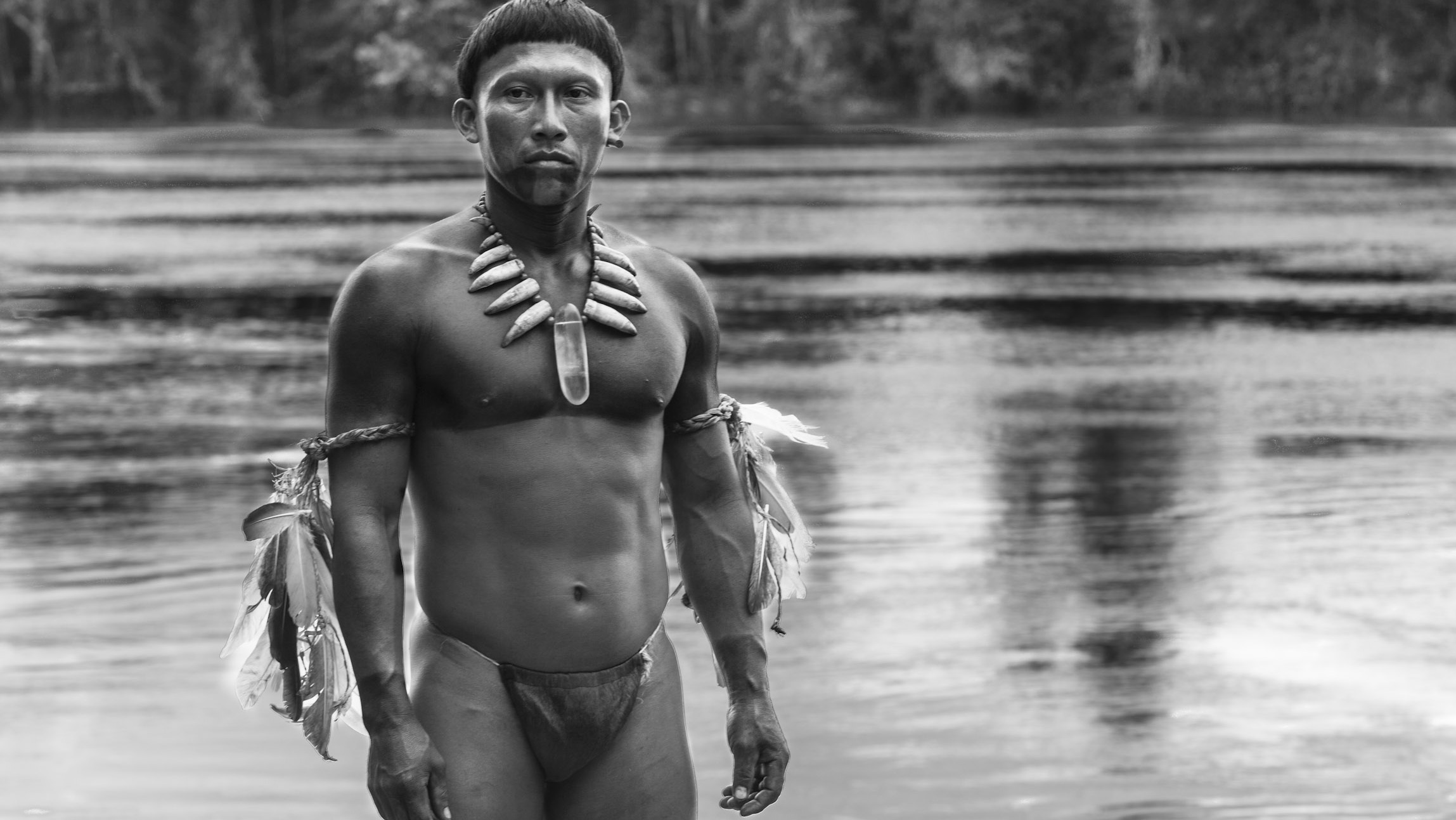 6. Embrace of the Serpent
6. Embrace of the Serpent (Directed by Ciro Guerra)
Set in the Amazon in two different timelines (1909 and 1940),
Embrace of the Serpent follows two scientists as they search for a rare plant some 30 years apart from each other. On their journey, the scientists are each guided by the same reluctant local shaman, who happens to be the last of his tribe. As they paddle down the river, we see what happens to each party at different stopping points along their way, and how the past storyline has affected the latter one. Heavy doses of Herzog’s
Aguirre, the Wrath of God (1972) and Coppola’s
Apocalypse Now (1979) are on full display here, as well as, strangely enough, Kubrick’s
2001: A Space Odyssey (1968). These are all good things by the way. Like Aguirre and Kurtz before them, madness and paranoia are not in short supply, but
Embrace of the Serpent is a different film than those that influenced it. It breathes its own life and creates its own mythology.
 7. Hunt for the Wilderpeople
7. Hunt for the Wilderpeople (Directed by Taika Waititi)
I rarely enjoy films that are considered “feel good,” but I am very happy to make an exception in the case of
Hunt for the Wilderpeople. It’s one of those films that has just enough doses of plausibility, absurdity, and heart that you can’t help but like. Throw in the utter likability of young star Julian Dennison and his chemistry with co-star Sam Neill and you’ve got something really special.
Hunt for the Wilderpeople broke all kinds of box office records in its home country of New Zealand. Director Taika Waititi seems to be destined for great things. His 2014 mockumentary
What We Do in the Shadows is a must see for comedy fans, and, in an interesting twist, he's directing the new
Thor movie as we speak. The point is, the guy knows how to make fun movies (we’ll see about
Thor).
Hunt is much more than the coming-of-age story it may appear to be. It most definitely has something to offer outside of some of the trappings this sort of film can have. It’s probably the “lightest” movie on this list, take that for what you will, but it’s well worth a look. Plus it has a dog named 2Pac. How awesome is that?
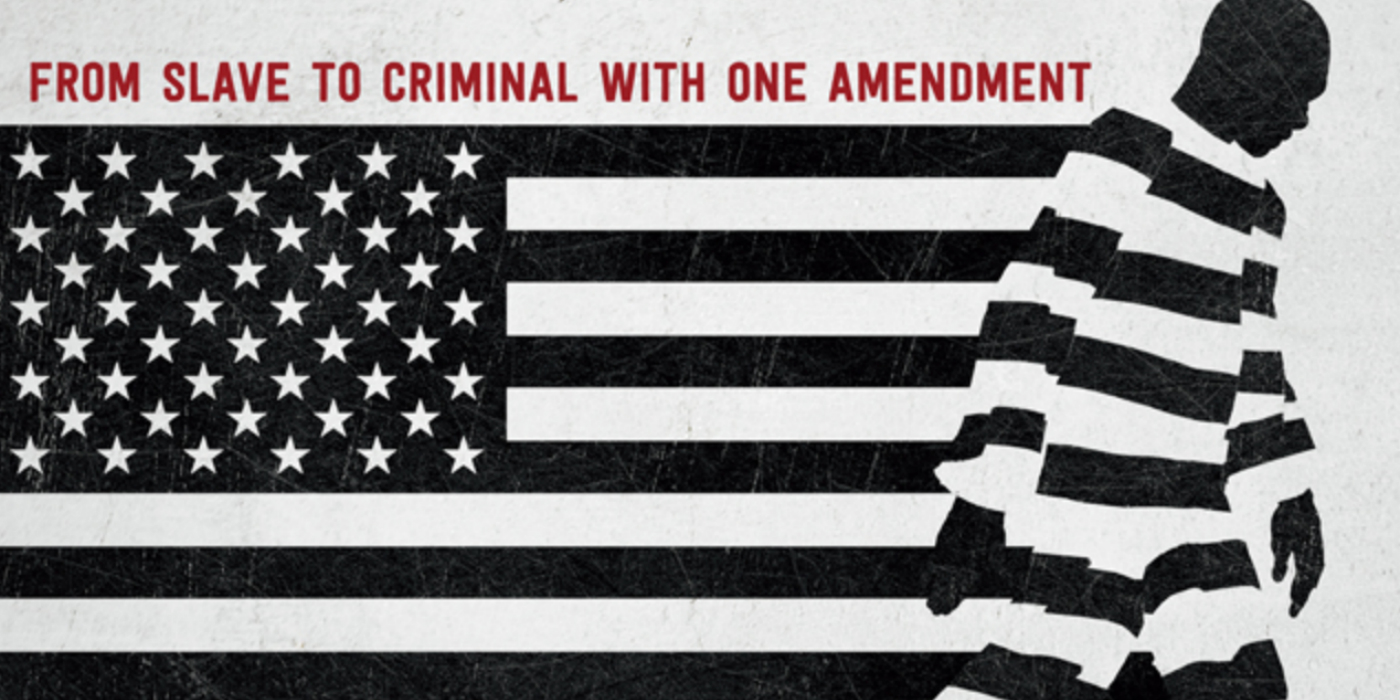 8. 13th
8. 13th (Directed by Ava DuVernay)
Don’t count a film out just because it was released via Netflix rather than theatrically.
13th is a must see that I believe every American should not only watch, but really absorb
. Not content with just being an eye-opening indictment of long standing U.S. policies,
13th has what I truly hope is the ability to change how people view the deep-seated race problems this country has. Told chronologically,
13th tells the long and painful history of how the U.S. government has manipulated and deliberately kept people of color in prison and economic despair. Its title refers to the 13th Amendment to the Constitution, which, in a nutshell, says that slavery is illegal except for those convicted of a crime. Enter the origins of the Prison Industrial Complex, the Ku Klux Klan, brutal and unpunished police tactics, and the vilifying of people of color to this day. This film is no joke, and I am not ashamed to admit that I broke down in tears on more than one occasion. For many, its message may simply reinforce beliefs we already hold, but it’s not really for us. I fear the people who
really need to see this film will outright refuse to.
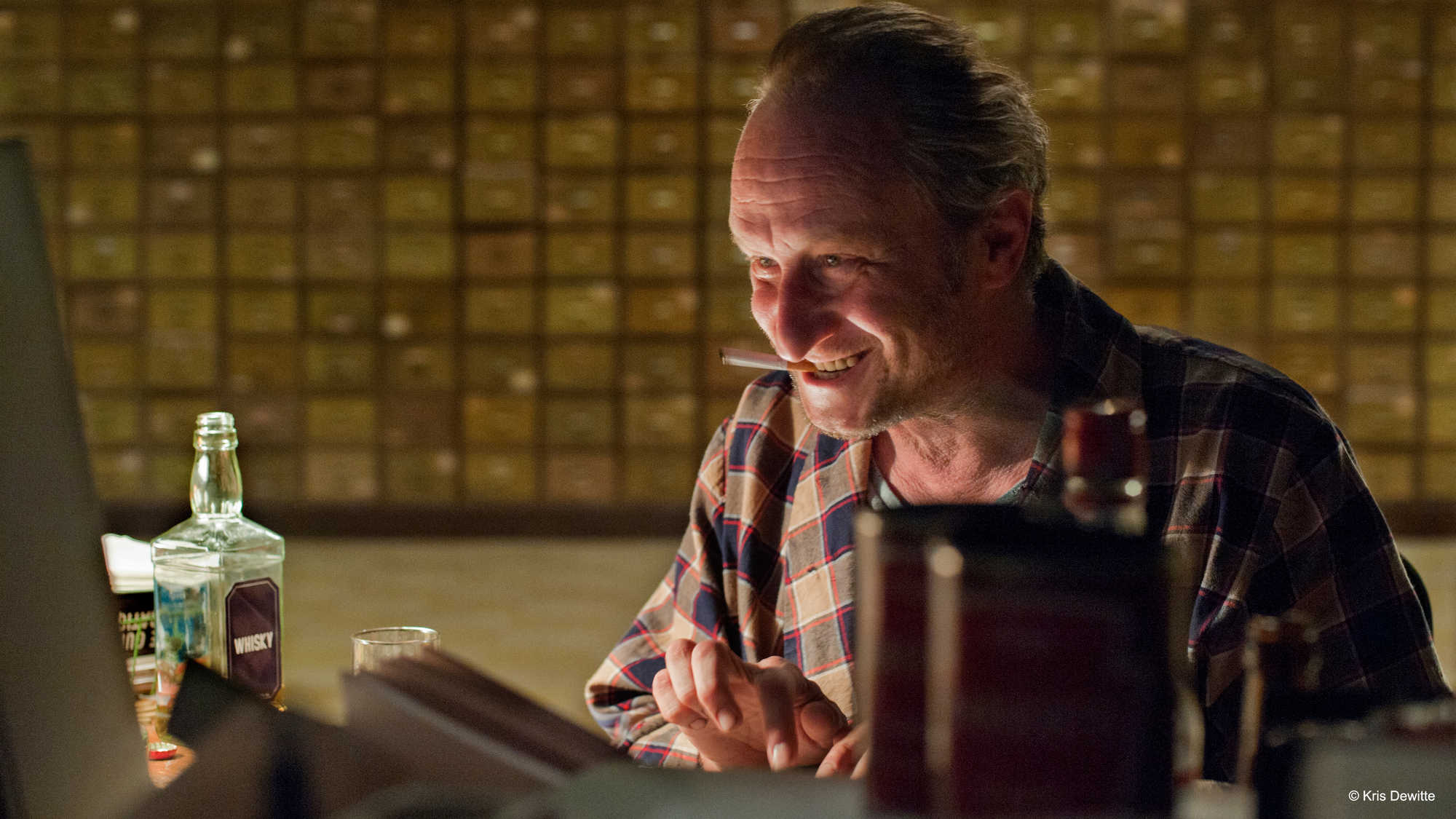 9. The Brand New Testament
9. The Brand New Testament (Directed by Jaco Van Dormael)
Sure to wrinkle a few feathers due to its take on religion,
The Brand New Testament is a very fun, very whimsical, film. Don’t get me wrong though: for all its whimsy, it’s got a dark side. Here’s the premise: God lives in an apartment in Belgium. Instead of doing anything useful, he prefers to torment mankind. To put it simply, he’s a real big jerk. His wife and daughter live with him (his oldest, J.C., took off years ago), so they naturally get the business as well. His daughter, Ea, decides she can’t take the abuse anymore and decides to run off. After releasing the dates that everyone on Earth will die via a mass text message, she gathers some new apostles and begins writing a new testament to the Bible. Fans of Jean-Pierre Jeunet (
Amelie, 2001) will no doubt find value in the film, but
Testament is a different sort of animal. It’s a much more subversive film, and probably a much more controversial one due to its treatment of what many hold so sacred, but it’s all in good fun. It
pokes fun at religion, but doesn’t
make fun of religion. It’s got a good sense of humor about its subject matter; you should too.
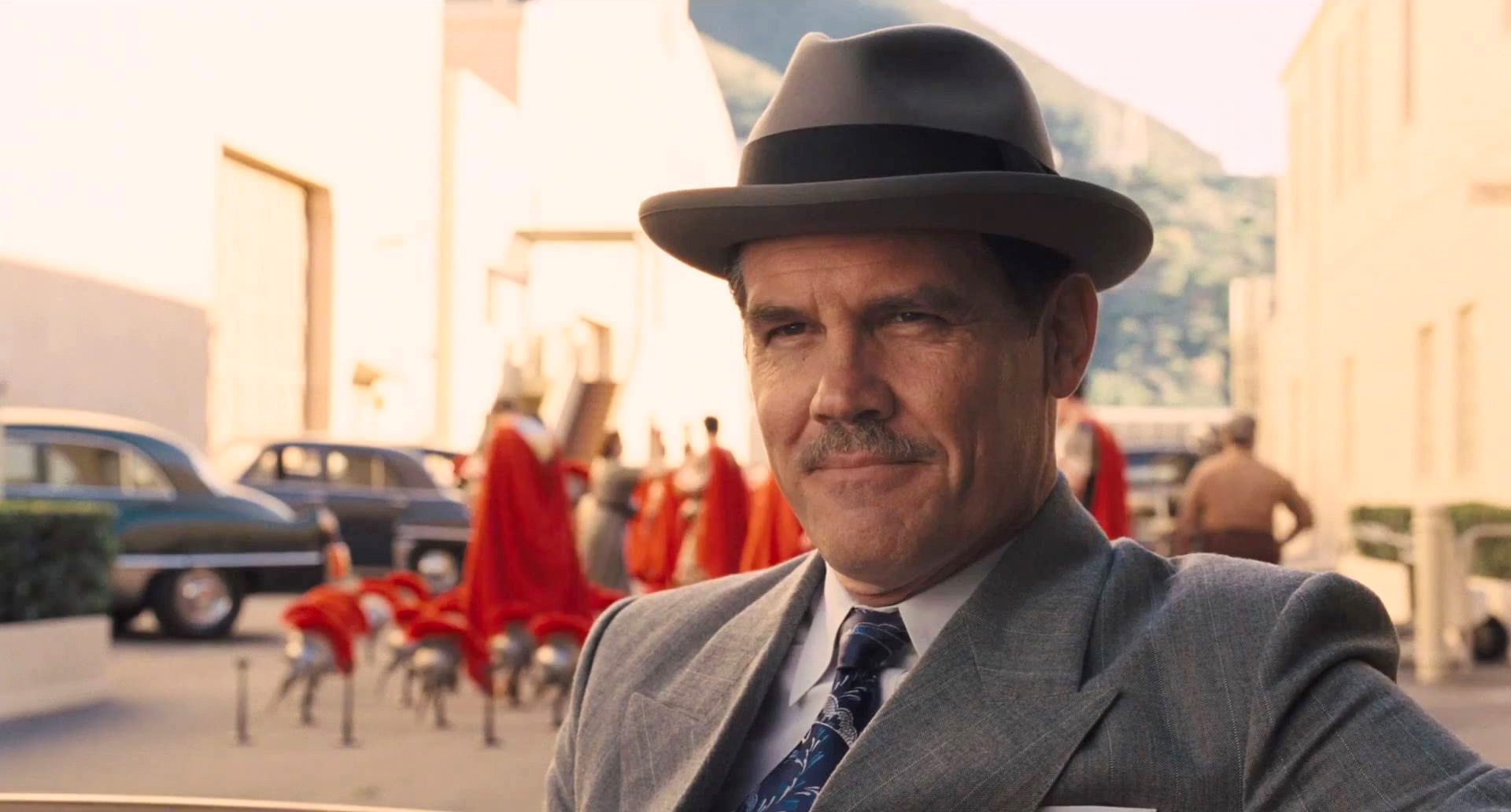 10. Hail, Caesar!
10. Hail, Caesar! (Directed by Joel and Ethan Coen)
I will admit this right off the bat: I am a complete and total Coen brothers mark. I have enjoyed everything they’ve ever made (some things more than others) and
Hail, Caesar! is no exception. It is by no means the duo’s best film. Probably not even in the top five, but I’m including it here because no other directors working in my lifetime have put out the number of quality films that they have. That’s my opinion and I’m sticking to it.
Hail, Caesar! treats us to another jaunt into old Hollywood (reusing Capitol Pictures from 1991’s
Barton Fink as a backdrop). It’s a Hollywood full of movie star scandals, communists, and thinly veiled attempts at subverting the Hayes Code. It’s a mixed-up world that could fall apart at any moment if not for the tireless work of one Eddie Mannix (Josh Brolin). It’s funny, it’s wild, and it has Frances McDormand. What more do you want?
For more film reviews, plus record reviews, podcasts, and more, please visit
THE DAILY ORCA.